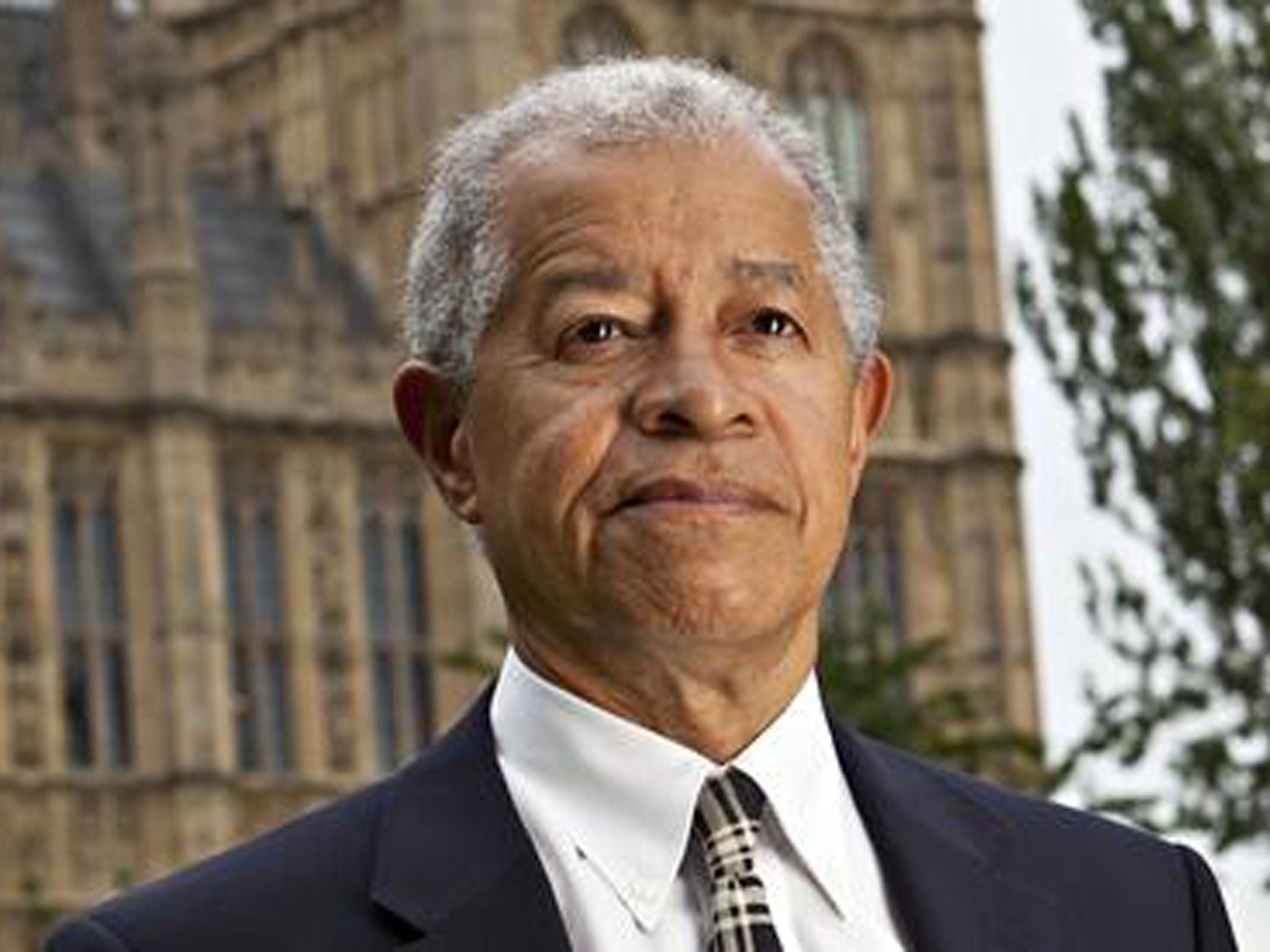Kick It Out co-founder Lord Ouseley believes if equality group is still around in 20 years, it will have failed to change 'bastion of white male domination'

Player power can play an increasingly influential role in helping drive discrimination out of the game in the coming years, according to the chairman of Kick It Out. Lord Ouseley, who helped found the equality group, will outline the progress made over the last two decades at a dinner tonight to mark the organisation’s 20th anniversary but he believes that if Kick It Out is still around in another 20 years then it will have failed.
Ouseley cites evidence of the willingness of black players to take an active and immediate response to racist abuse as a growing factor in confronting the issue and forcing the game’s authorities, which remain according to Ouseley a “bastion of white male domination”, to bring about change.
“[The dinner] will be a reflection on where we have come from, how we have survived and why are we still here after 20 years – and are we going to be around in another 20 years,” said Ouseley. “If we are, is that not failure? Because to some extent although we’ve done a lot to help the game improve we haven’t dramatically changed things for a lot of people.
“The challenge is to make Kick It Out obsolete, ancient history, and we can only do so if the people at the top, with the power and the resources, deal with institutionalized marginalization of different groups of people and that’s where we have got to get football to move.”
Ouseley points to the dramatic impact made by the likes of Kevin-Prince Boateng and Yaya Toure, who said black players would boycott the World Cup unless action was taken after he was racially abused during a Champions League match against CSKA Moscow this season.
“Those people who are in the board room or senior management teams who run the organisations… have done nothing to alter the opportunities for black and ethnic minority people and women to get access into the boardroom, or get access to senior positions, or get access to become coaches in greater numbers,” said Ouseley. “We have got to apply pressure on those decision makers and people in the board room to open up and I think the biggest lever that can make things happen is the power that players have.
“Player power is very important. That is where a lot of leverage can come from, from direct action from players. Without the players there is no game.”
Subscribe to Independent Premium to bookmark this article
Want to bookmark your favourite articles and stories to read or reference later? Start your Independent Premium subscription today.

Join our commenting forum
Join thought-provoking conversations, follow other Independent readers and see their replies